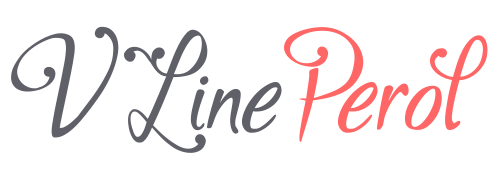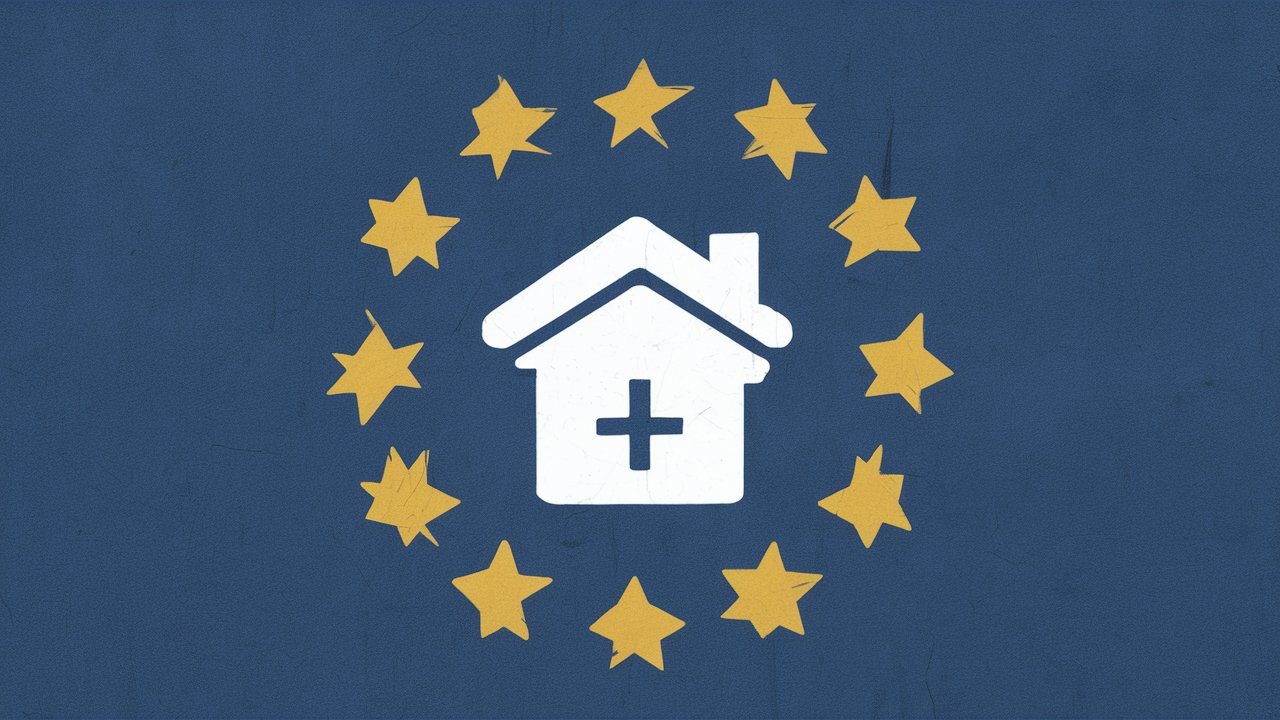Sanctions screening falls under one of the many basic measures to guarantee compliance, such as screening customers and partners. But the question is, with the dynamism of these lists and regulations, how can banks effectively put in place sanctions screening while also managing compliance risks?
According to Simon Pestridge, director for sanctions screening at LexisNexis, “Non-compliance can lead to serious consequences, so having strongly effective screening solutions is a must for financial institutions to be able to identify high-risk individuals and limit forbidden business relationships.”
Healthcare is another highly regulated sector with sensitive personal information, meaning both business associates and clients require similar due diligence in the individual health segment. Due diligence is needed for financial institutions involved in the financing of healthcare or engaged in working with medical companies to avoid issues of non-compliance.
This article discusses how implementing an effective healthcare sanctions screening program can contribute to lowering risks for banks and maximizing regulatory adherence.
Importance of Sanctions Screening for Financial Institutions
Banks must know their clients. Financial institutions have to check clients and partners against listed sanctions; thus, the process prevents the bodies from getting fined.
Healthcare sanctions screening and checking the backgrounds of clients against sanctions help in identifying persons or groups with risk, thereby warning the bank to avoid working with a particular group or person.
Missing a sanctions match could mean hefty fines for non-compliance. Screening is safeguard to the reputation and business of the bank. No bank can sanction any party that is non-compliant with the internationally stipulated guidelines on sanctioning.
By 2024, due diligence checks on banking are required to have included sanctions screening to guarantee consistent alignment with international controls.
Healthcare Regulations on Sanctions and Enhanced Due Diligence
Healthcare is a highly regulated field not only in the movement of money but also in working with various groups. Screening of clients and monitoring transactions are also rigorous when it comes to dealing with businesses in the medical field.
One of the more thorough due diligence that financial institutions must perform is healthcare sanctions screening of both healthcare clients and their counterparts.
This is carried out by checking names on the sanction list concerning the several sanctions lists that contain prohibited countries, individuals, or groups. Banks are also required to keep records of the screening results.
Implementing an Effective Healthcare Sanctions Screening Program
The choice of technologies and solutions for effective Screening of customer databases is another crucial aspect of ensuring a healthcare-sustain-robust screening program. Continuous monitoring and matching against the updated sanctions lists should be available at the core of the program.
A 2023 study found that organizations that updated their screening procedures every quarter had a sanction risk exposure of up to 40% less than that of processes updated annually.
Bonus: Log on to amlwatcher.com or contact us to see how our solutions can help bring your risk down and keep your banking operations compliant.
Screening Technologies and Tools to Streamline the Process
Banks are expected to use advanced screening technologies to undertake effective healthcare sanctions screening of large customer databases.
Solutions that allow the process to be automated and deploy batch screening could be some types of sanction-screening software allowing banks to screen all new and existing customers against such lists with much ease.
Most advanced screening technologies can ensure the effective and efficient execution of the screening process. They also provide for the ability to set up alerts to be triggered when hits occur in healthcare sanctions screening or nine other sets of sanctions background checks.
Also, by 2024, it is estimated that approximately 70 % of global financial institutions leverage AI to enhance the performance of sanctions screening.
Ongoing Monitoring and Matching Against Sanctions Lists
Ongoing sanction compliance has to be ensured, all thanks to a financial institution that monitors its customers. Manual health screening of the whole database regularly is almost impossible.
Automated matching against updated sanctions lists ensures that no high-risk individual slips through the process. All new designations and listings get added; the monitoring tool is going to screen all records against the sanctions lists automatically.
They eliminate the potential risk of doing business with a sanctioned party. This is where ongoing monitoring remains the primary necessity if financial institutions want to comply with their sanction obligations.
In 2024, over 80% of financial institutions deployed real-time monitoring tools to stay compliant.
Handling Hits and Reporting Obligations
Despite the most robust sanction list screening program, there is a likelihood of some sanction hits over time. Banks need Standard operating procedures to handle such instances. It involves verification of the hits by manual checking and taking all that is required in compliance with compliance protocols.
Where necessary, financial institutions also have the responsibility to alert the relevant powers when reporting matches with sanctions. The incorporation of case management allows for the smooth handling of hits revealed by healthcare sanction screening or other surveillance activities.
It reduces the costs and resources expended in continuous monitoring and Screening against sanction lists through the automation embedded in good screening tools. It reduces disturbances in banking services by proactively identifying customers with high risks.
This also helps to ensure that the potential dangers inherent in the business are screened robustly against the possible reputational risks. Contact our sanctions screening experts to learn more about fine-tuning meaningful and robust healthcare sanctions screening processes for your financial institution.

